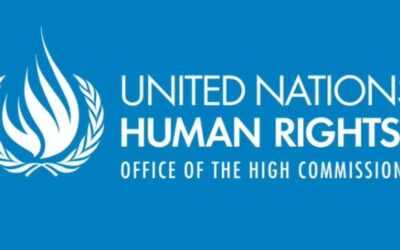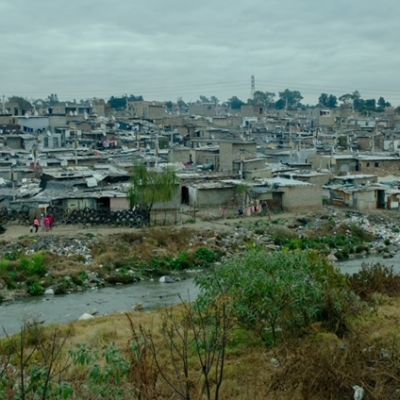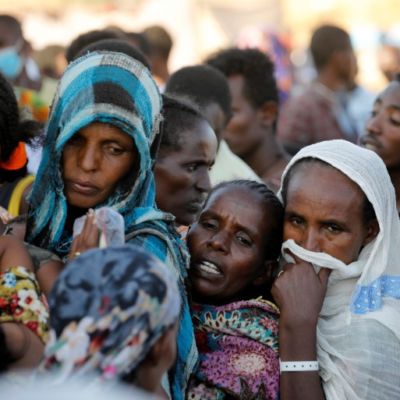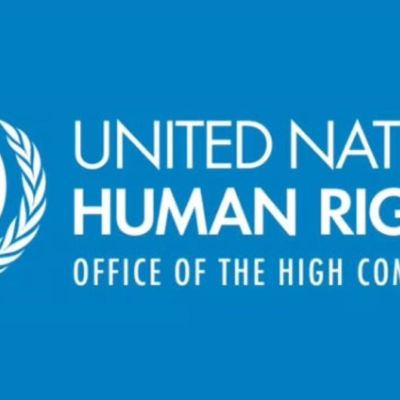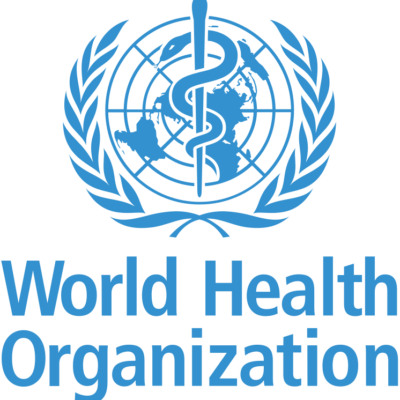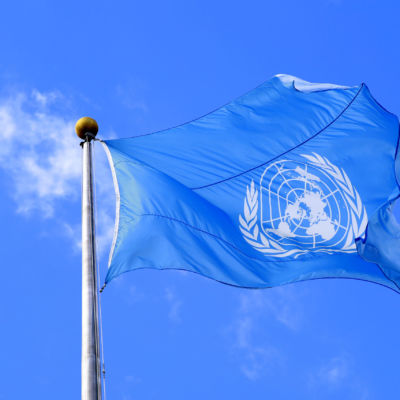Migrants Stranded in Yemen at Greater Risk as Funding for the Response Dwindles
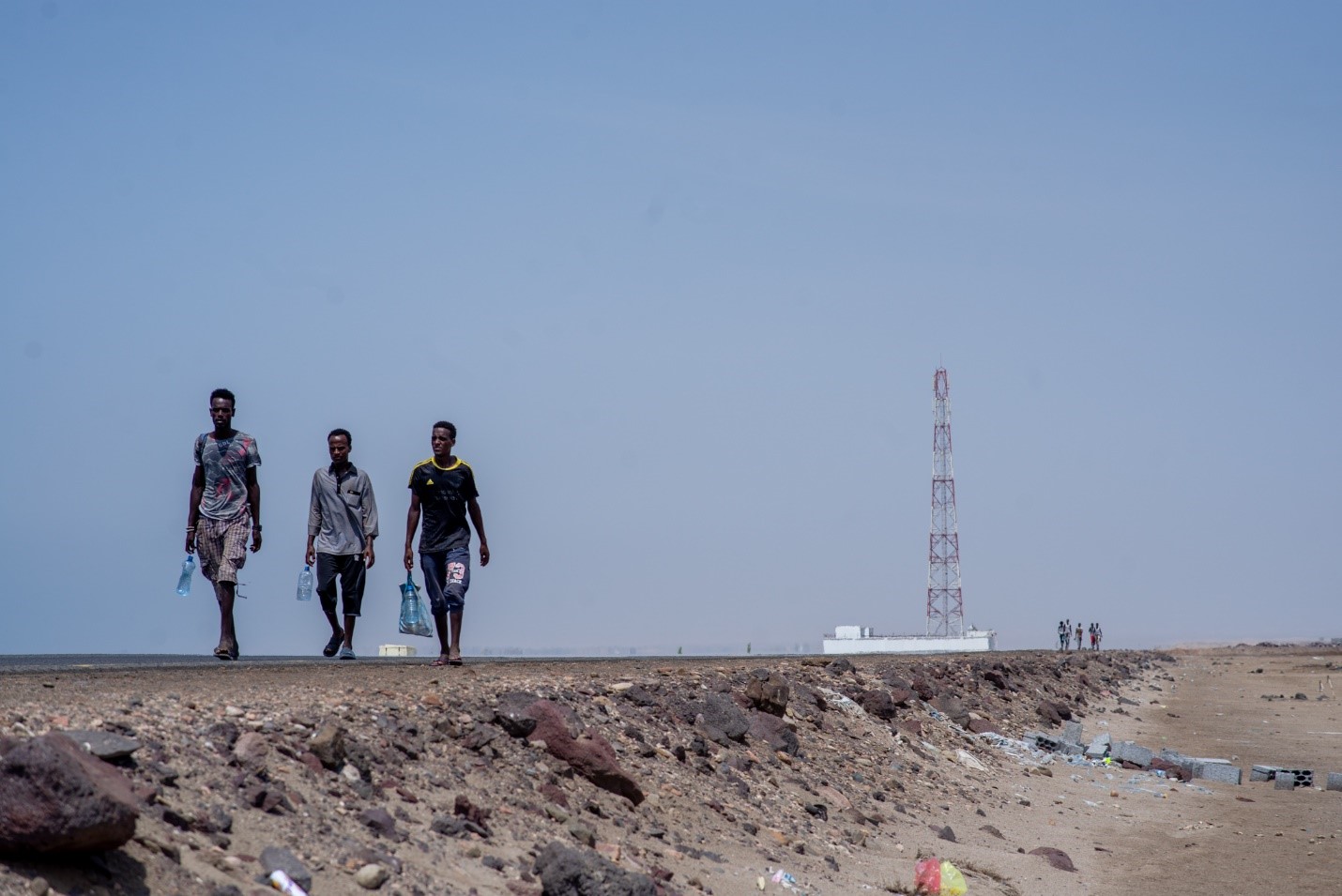
Migrants in Yemen/IOM.int
Despite relentless conflict, grave abuses and mobility restrictions caused by the pandemic, migrants from the Horn of Africa continue to board boats destined for Yemen in a desperate search for a better life.
Not even halfway through the year, the number of migrants arriving in Yemen has exceeded the number of arrivals last year, on what was categorized as the world’s busiest maritime migration route prior to the COVID-19 pandemic, according to the International Organization for Migration’s Displacement Tracking Matrix.
Now, a drastically under-funded humanitarian response in Yemen threatens to push migrants even deeper in the shadows.
Tens of thousands of migrants are estimated to be stranded throughout the country. Unable to reach the Kingdom of Saudi Arabia (KSA) where most hope to find work, they are instead trapped in the confines of a country grappling with its eighth year of war and a devastated economy.
Migrants coming to Yemen’s shores leave behind lives characterized by poverty and hopelessness. They arrive unaware of the dangers before them, confronted with a much harsher and longer journey than imagined.
Two out of three Ethiopian migrants traveling last year through Djibouti en route to Yemen were not aware the country was at war.
Aida
“I never left home before, and I didn’t know I was on my way to a country in war. I just thought I’d be able to help my brother and sister have a better life,” she said a few days ago.
Instead, in an eight-month period she told us she was physically and sexually abused by two different smuggling networks.
“I was held by smugglers for two months who demanded my family pay money to one of them. Then two months later I was sold to another person who held me in one room for a long time.”
Aida was eventually able to escape when the door to the house she was held in was left unlocked.
Disturbingly, her story is not uncommon. IOM estimates that the overwhelming majority of women experience gender-based violence on this journey. The violence they endure brings grave psychological distress and causes some to experience unwanted pregnancies.
Migrants who have paid for the services of smugglers at the onset of their journey are frequently forced to provide greater sums the longer they remain in Yemen.
Those who lack the cash are often forced to work or exploited in other ways to “compensate” the smugglers.
It is common for smugglers to abuse migrants and that abuse to be recorded on video and sent to their families back home who must pay up or risk losing their loved ones.
“The smugglers beat us with rocks and electric wires every day, demanding more money. Some people can’t walk anymore from the beating. My family didn’t have anything else they could sell so I was stuck there with them for seven months,” said Monier
The arbitrary detention of migrants, including children, for prolonged periods, is also a common phenomenon in Yemen, mostly in northern parts of the country.
In 2021, a devastating fire in a severely overcrowded detention facility in Sana’a which left dozens of migrants dead and more than 170 severely injured, once more highlighted the often hazardous, degrading and inhumane conditions in which migrants are held.
Humanitarian organizations and human rights organizations have made credible reports of several hundreds of people per week being forcibly transported from northern to southern governorates.
Starting back at square one, they have limited options: either try their luck at reaching KSA again or do what they can to make their way home.
Approximately 13,000 migrants felt they had no choice but to put their lives back in the hands of smugglers to return by boat from Yemen to Djibouti or Somalia last year. Smugglers have capitalized on this desperation by overcrowding small vessels with too many passengers, causing boats to capsize and dozens to drown.
Other than this hazardous route home, limited options exist.
IOM is providing a lifeline to migrants who wish to go home – aiming to assist at least 6,750 Ethiopian migrants to return in safety and dignity in the coming months on Voluntary Humanitarian Return flights.
Greater resources are urgently required to help all who wish to return, and to alleviate the suffering of migrants – for instance, through mechanisms like the Regional Migrant Response Plan for the Horn of Africa and Yemen, which requires USD 67 million in 2022 to save lives and protect the most vulnerable.
Ultimately, a more holistic solution to the plight of migrants in the region is desperately needed.
Legal routes that allow people to migrate to their destinations in safety and dignity are crucial. In the longer-term, the reasons that drive people to take dangerous journeys – like unemployment, climate change and conflict – must be addressed.
More also needs to be done to ensure that humanitarian agencies can access those struggling to survive in hard-to-reach locations.
And crucially, the rights of Aida, Monier and every other person on the move must be fully respected. In no country in the world should migrants be held against their will in smuggling dens, subject to violence or forced labour, or arbitrarily detained in inhumane conditions.
“My dream was to make enough money for me to build a house for myself, my brother and sister, and to open a small business in Ethiopia. I still have this same dream but now I’m trying to stay away from those who want to hurt me,” said Aida.
Like thousands of others, she is waiting for her chance at a better, more dignified life.
IOM estimates there are approximately 190,000 migrants in need of humanitarian assistance in Yemen today. More than 27,500 migrants made the perilous journey to Yemen last year.





